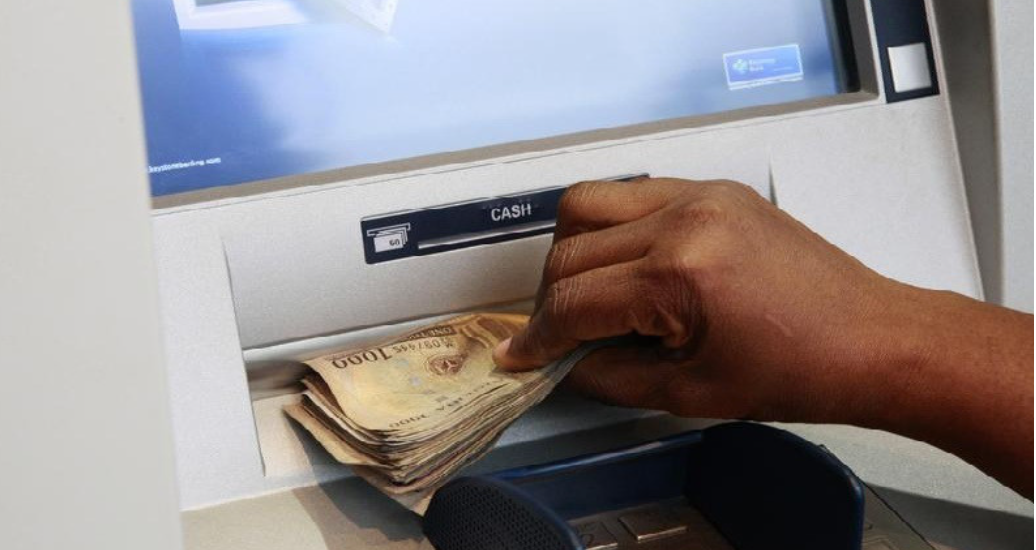
Nigerians are facing mounting frustration as the Central Bank of Nigeria (CBN) introduces new ATM withdrawal charges amidst worsening economic conditions. This move follows a series of financial burdens, including rising inflation, skyrocketing electricity and telecom tariffs, and unprecedented fuel costs.
The revised policy now imposes a N100 fee for every N20,000 withdrawn from ATMs belonging to other banks. Off-site ATMs attract an additional surcharge of up to N500, compounding the financial strain on citizens already grappling with increased living costs. The CBN justified the decision by citing rising operational expenses and the need to accelerate ATM deployment across the country.
However, many Nigerians see the policy as punitive and exploitative. Small businesses, which depend heavily on cash transactions, are particularly affected, with Point-of-Sale (PoS) operators poised to capitalize on the withdrawal fees.
The discontent stems from the broader economic landscape: inflation has surged, electricity tariffs in Band A areas have jumped by 307%, telecom tariffs rose by 50%, and petrol prices have soared by 500%. Basic necessities like food, healthcare, and education have become unaffordable for millions.
Adding insult to injury, major Nigerian banks reported staggering profits in the first nine months of 2024, collectively earning N4.2 trillion—more than double their earnings from the previous year. These profits are largely derived from high-interest loans and a proliferation of bank charges.
“The CBN’s decision to squeeze everyday Nigerians with additional ATM fees is insensitive and provocative,” a financial analyst remarked.
As frustration mounts, many are calling for the CBN to reconsider its stance and prioritize consumer protection over bank profits, warning that continued financial pressure could ignite broader economic discontent.



